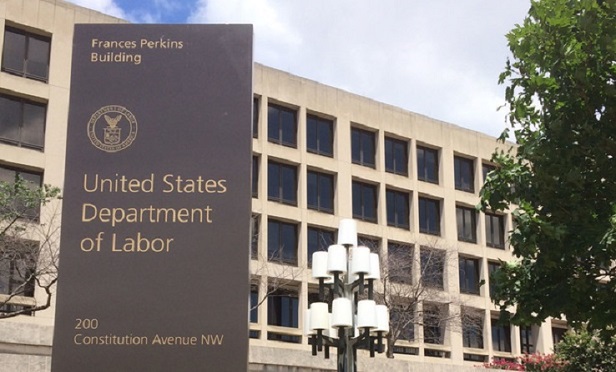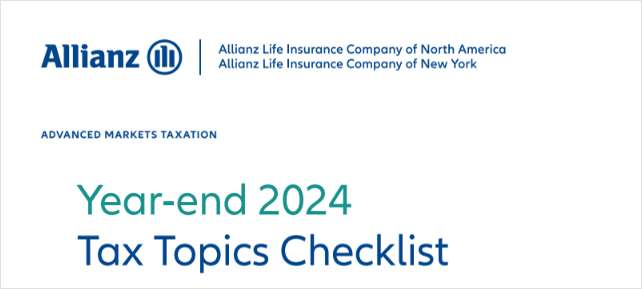
 Barbara Roper, director of investor protection for the Consumer Federation of America.
Barbara Roper, director of investor protection for the Consumer Federation of America.
The Labor Department should withdraw its fiduciary rule package as it allows for conflicted investment advice and gives most rollover recommendations a "regulatory free pass," the Consumer Federation of America told Labor in a Thursday comment letter.
"We urge you to withdraw in their entirety both the final rule reinstating the definition of fiduciary investment advice and the proposed exemption to permit investment advice fiduciaries to engage in a broad range of conflicts of interest," the consumer group told Labor in its 51-page comment letter.
Barbara Roper, director of investor protection at the consumer group and co-author of the letter, told ThinkAdvisor in an email on Thursday that the 1975 regulatory definition of fiduciary investment advice "was reinstated as a final rule," in a separate final rule.
Unlike with the proposed fiduciary transaction exemption, or PTE, there was "no opportunity for comment" on the final rule reinstating the 1975 fiduciary five-part test under ERISA, Roper added. "No consideration of whether it should be amended. The preamble [to the rule] includes a discussion of how it will be interpreted by the Department, but the rule is final," she explained.
In a tweet Thursday, Roper said the consumer group's request likely will fall on deaf ears. "Earlier today, [the Consumer Federation of America] filed a comment letter urging DOL to withdraw its #BadAdviceRule. They won't. The proposal does exactly what they intended. It benefits Secretary [Eugene] Scalia's former clients at the expense of retirement savers."
Labor's plan is a "multi-billion-dollar transfer of wealth from the retirement accounts of American working families to the wealthiest," Roper argued in the comment letter. "Instead of strengthening protections for workers and retirees, it makes it easier for financial firms to profit unfairly at their expense."
30-Day Comment Period
The proposed prohibited transaction exemption — meant to align with the Securities and Exchange Commission's Regulation Best Interest — had a 30-day comment period that ended Thursday.



